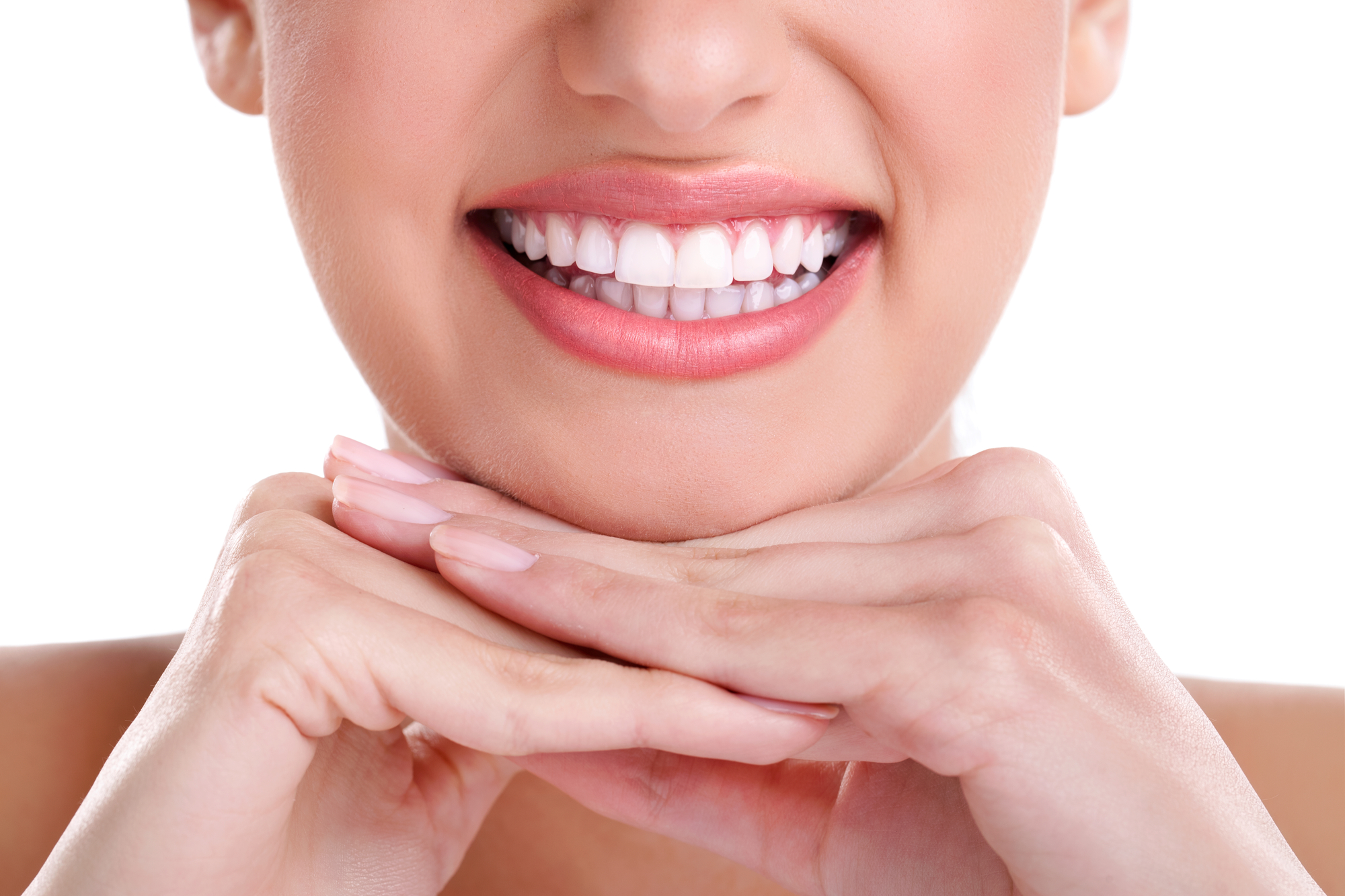There are many factors that lead to tooth discoloration. Diet, harmful habits such as smoking, and poor dental hygiene are just a few. Many patients who suffer from tooth discoloration look to teeth whitening as a remedy but may have several questions before deciding to undergo such a procedure. Some of these questions concern whether the practice is safe, effective, and affordable.
Commonly Asked Questions About Teeth Whitening
1. What is teeth whitening?
The goal of teeth whitening is to brighten the enamel of stained, dull, and yellow teeth by targeting extrinsic dental stains. This process can be conducted through store-bought whitening treatments or professional ones.
- Store-bought whitening treatments: With store-bought dental trays, the patient will squeeze the whitening gel into the supplied tray and place them in her mouth for a specified length of time. The gel will whiten the teeth over that time.
- Professional whitening treatments: Professional whitening treatments, such as Zoom!, often involve the application of bleaching gel to the teeth and the placing of a special light over the mouth. The light activates the gel which then breaks down the stains.
2. Which stains does teeth whitening work best on?
Teeth whitening works best on extrinsic stains, or stains that affect the enamel, the outermost layer of teeth. Intrinsic stains, or stains that permeate the outer layer and reach the tooth structure, do not respond to teeth whitening. Intrinsic stains are instead treated with other therapies, such as dental bonding or porcelain veneers.
3. Do patients feel pain during teeth whitening procedures?
Teeth whitening can cause sensitivity in the teeth and gums. While some patients feel little to no discomfort, others may feel some discomfort or experience prolonged sensitivity following the procedure.
When consulting with your dental professional, she may recommend ways to decrease this sensitivity. She may also recommend only certain types of whitening be performed. Remember, teeth whitening procedures should only be performed by licensed professionals to lower these risks.
4. How much does teeth whitening cost?
The cost of teeth whitening varies depending on the method of whitening, your dentist, and your location. Often, custom-made, take-home trays are the least expensive tooth-whitening method because they do not require special equipment or materials. Whitening performed at a dental facility tends to cost more because it entails professional staff care, materials, and equipment. With procedures performed in-office, however, the results are both immediate and effective.
5. How long do teeth whitening results last?
The effects of take-home whitening treatments and bleach can last several months. The process can be repeated by the patient on an as-needed basis.
The results of in-office teeth whitening can last several months to a year, and can also be maintained at home. In-office whitening is not recommended more than once a year in order to protect natural tooth enamel and gums.
6. Does whitening work on dental veneers, bridges, or crowns?
Teeth whitening procedures will not change the color or shade of any non-natural or prosthetic dental restorations.
7. Is whitening harmful to natural tooth enamel?
Having teeth whitening procedures performed by a licensed, experienced dental professional greatly lowers the risk of any harmful effects to tooth enamel or gums. Dental professionals use only safe, tested whitening products from reputable sources. They are also applied by trained staff. In-office whitening also greatly reduces the risk of increased tooth sensitivity or damage to teeth roots.
In-office whitening is not recommended more than once a year in order to protect natural tooth enamel and gums.
8. Are there special precautions a patient needs to take before or after a tooth whitening procedure?
Teeth whitening works best on teeth that are plaque and tartar-free. So, your dentist will likely recommend a dental cleaning before you begin the teeth whitening process. Any other oral health issues will also need to be addressed.
After the procedure, the patient will want to avoid any stain-inducing foods for at least two days. Examples of such foods include red wine, tea, coffee, berries or artificially-colored foods. Patients should also avoid smoking for as long as they can.
Quality Tooth Whitening in Providence, RI
Dr. Sylvia Zannis and Dr. Robert Bouffard of Well Rooted Dentistry, only use the safest, most effective teeth whitening systems available. Experience for yourself what keeps their patients happy, healthy, and satisfied with their results by calling (401) 443-4007 or scheduling your free consultation online today.


